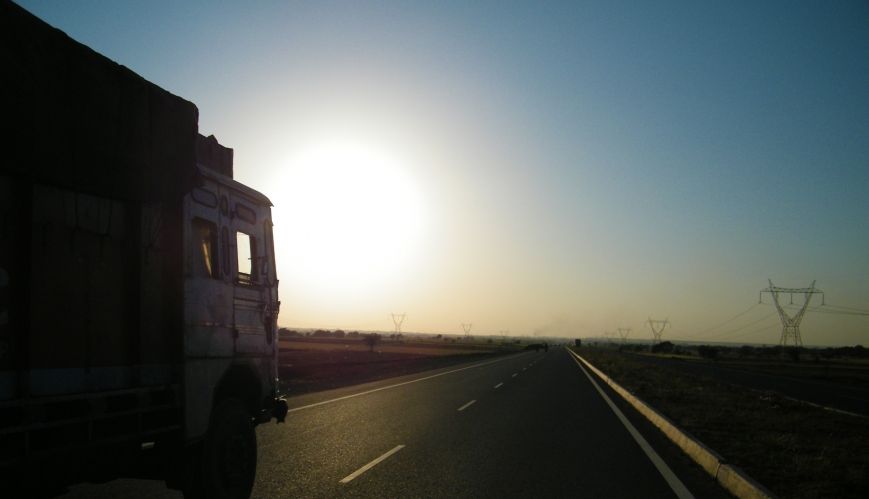The Salvation Army responds to lorry deaths in UK

The Salvation Army responds to lorry deaths in UK
The Salvation Army in the United Kingdom is seeing a huge increase in the number of people trafficked into the country from all over the world, as well as within its own borders.
“We are extremely saddened but unfortunately not surprised by the events in Essex,” said Major Kathy Betteridge, Director of Anti-Trafficking and Modern Slavery in the United Kingdom with the Republic of Ireland Territory.
“As police continue to establish the true nature of the situation this is a shocking reminder that lives are lost at the hands of perpetrators buying, transporting and selling people for their own gain. The exploitation of people in modern slavery is a horrific crime.
“Often the most vulnerable people in society are targeted and The Salvation Army urges the public to be vigilant – help is available for those who need it.”
The Salvation Army provides specialist support for all adult victims of modern slavery in England and Wales through a government contract, which was first awarded in 2011. The Army delivers a specialist support program to protect and care for all adult victims of this heinous crime.
The Salvation Army also provides grants from its Victim Care Fund, which allows support to go so much further, such as paying for rental deposits and furniture to help survivors move into a new home.
It was revealed in a report published last week by The Salvation Army that, for the first year, China became the third most common country of origin for victims of modern slavery who entered its support service. In the past five years, there has been a 430 per cent increase in Chinese nationals entering the service.
Slavery increases in UK
The demand for cheap goods, cheap labour and cheap sex has created a breeding ground for human trafficking. Thousands of people across the UK are being forced into a life they didn’t ask for, through sexual exploitation, forced labour, domestic servitude and forced criminality.
In the past eight years, The Salvation Army has supported more than 8000 adult victims of modern slavery in England and Wales. There has been a 58 per cent rise in British nationals needing support after being rescued from slavery according to a new report by The Salvation Army released earlier this month.
Over the past year, 136 British nationals needed help from The Salvation Army’s network of safe houses and outreach workers, making them the fifth most common nationality accessing the organisation’s specialist support.
Of the 136* British modern slavery victims supported last year:
- 96 were victims of forced labour, which includes being forced to sell drugs but also manual labour, such as farm work.
- 30 were forced into sexual exploitation.
- Nine were trapped in domestic servitude.
“It’s appalling that anyone is forced to work as a slave whether a British national or a victim from across the world,” Kathy said. “Our report shows that gangs target vulnerable people, often with mental health issues to act as drug-runners or to move cash. However, people are also being forced to work as slaves in places like farms, car washes, and even nail bars.
“Thanks to our government contract, we are able to offer safe houses and outreach support services for victims. Referrals to these services are up by 21 per cent on last year but we know there are more people out there who we have yet to reach.”
Spot the signs
It is possible to come into contact with a victim of modern slavery without even realising it. However, there can be some telltale signs.
Some signs are physical:
- The person may look uneasy, unkempt, or malnourished.
- The person may have untreated injuries.
Some signs are less obvious:
- Someone paying for the person’s travel.
- Someone is speaking for the person.
- Perhaps the person is picked up and dropped off from work at unusual times.
- The person may not be sure of their own address.
For more information about anti-human trafficking and modern slavery in the United Kingdom, and beyond, click here.
*136 also includes one victim whose primary exploitation remains unclear due to the complexity of the individual’s experience.